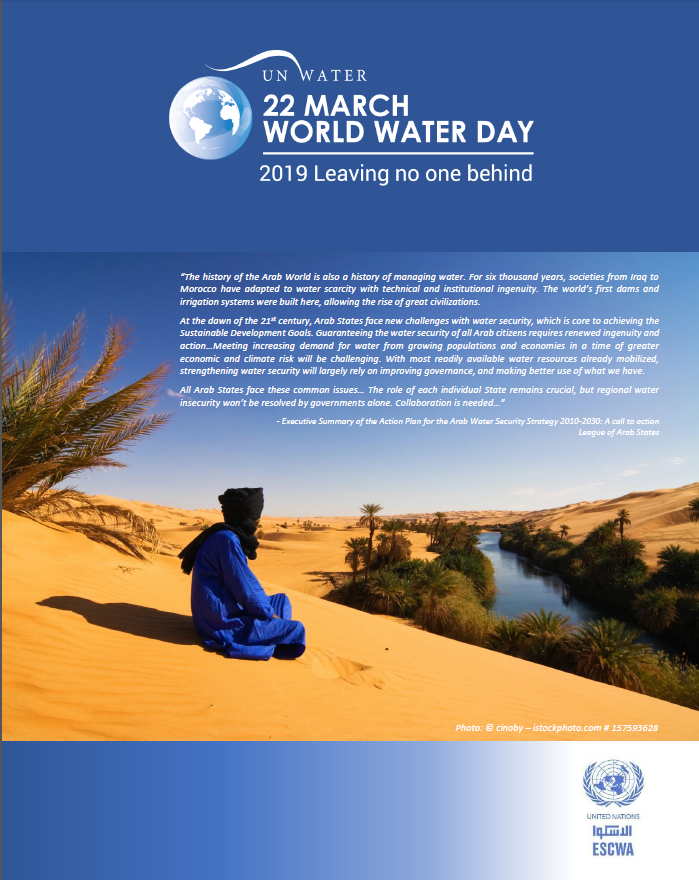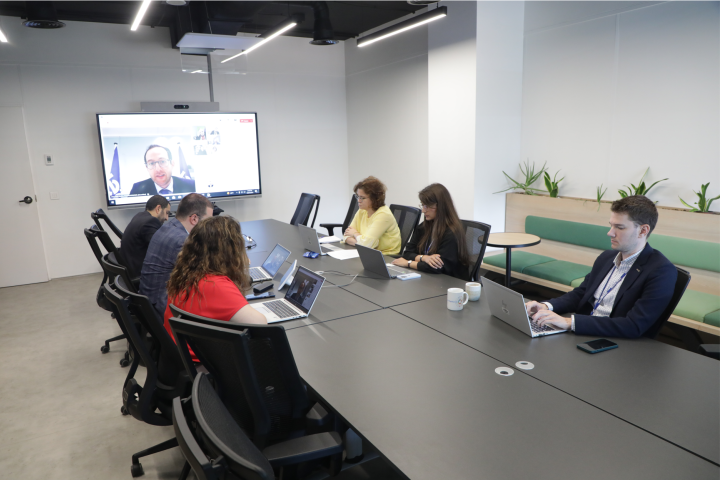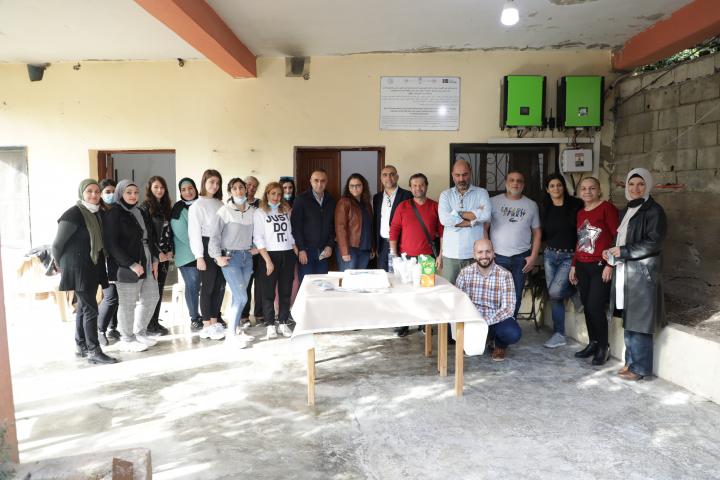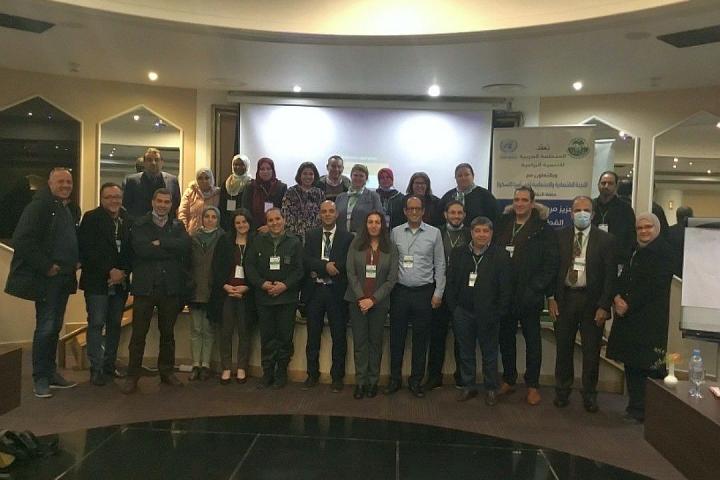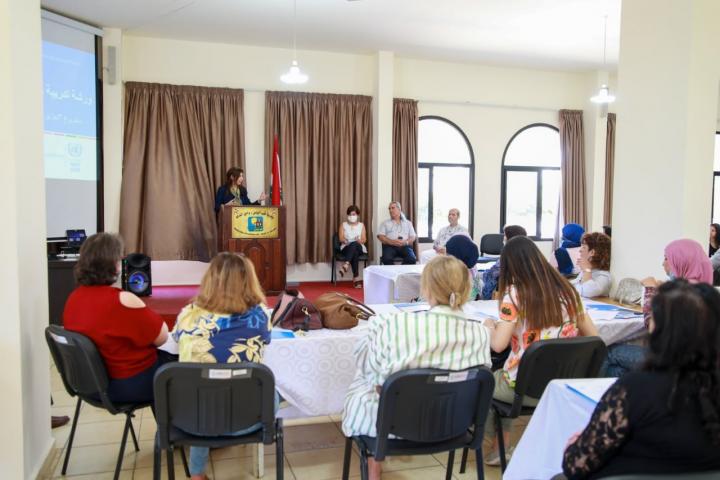Beirut, 22 March 2019 (ESCWA)--While 51 million people from the Arab region still lacked basic water drinking services, 73% of them lived in rural areas. This is among the conclusions of the new version of ‘2019 United Nations World Water Development Report” (WWDR 2019) launched today at the regional level by the Economic and Social Commission for Western Asia (ESCWA) as it marked World Water Day in its Beirut headquarters.
The report, prepared by United Nations Educational, Scientific and Cultural Organization (UNESCO) in coordination with UN-Water, saw the contribution of UN Regional commissions, including ESCWA, as well as several UN entities, including Food and Agriculture Organization (FAO) and United Nations Development Programme (UNDP).
According to the report, the Arab region suffers from water scarcity whereas 86% of citizens live in countries below the threshold of water scarcity (1000 m3 per capita) or that of absolute water scarcity (500 m3 per capita). Moreover, water scarcity increases due to the rapidly escalating population growth and urbanization, leading to an increase on water supplies.
“Two-thirds of the Arab States water resources are shared and originate outside their territories. Relying on these resources makes it more difficult to provide water security in many of these countries and to achieve the Sustainable Development Goals, stated the Director of the Sustainable Development Policies Division of ESCWA, Ms. Roula Majdalani, as she delivered the opening speech on behalf of the ESCWA Executive Secretary, Ms. Rola Dashti.
“ESCWA produced studies and training material and managed in the last few years to make progress in taking linkages between energy, water, and food from theory to practical action plans, but a change is needed in the production and consumption mindset,” she added.
The report was presented by its editor-in-chief Rick Connor who stated that the wealthy generally receive high levels of water services at a very low price, while the poor often pay a much higher price for services of similar or lesser quality. “Investing in water supply and sanitation in general, and for the vulnerable and disadvantaged in particular, makes good economic sense,” he underscored.
The event followed with a panel discussion on the theme, while sharing different views on water issues from representatives from corresponding ministries in Sudan and Yemen and sharing the youth perspective through the Lebanese Youth Parliament for Water.
Finally, the Regional Programme Leader at the regional office of FAO, Mr. Jean-Marc Faurès, announced the Land and Water Days to be held in Cairo between 31 March and 4 April 2019 with the aim to review progress made in addressing water scarcity in the region, foster exchange of knowledge and experience among countries and partners and chart the way forward.
This year’s World Water Day focuses on “Leaving no one behind” and reinforces the commitments made by UN member States in adopting the 2030 Agenda for Sustainable Development and achieving Sustainable Development Goal 6 (SDGs), in recognizing human rights to safe drinking water and sanitation, both of which are essential for eradicating poverty and for building prosperous and peaceful societies.
For more information:
Nabil Abu-Dargham, Head, ESCWA Communication and Information Unit, +961-70-993-144; dargham@un.org
Ms Rania Harb, Public Information Assistant, +961-70-008-879; harb1@un.org
